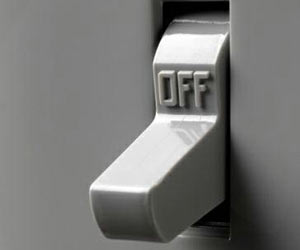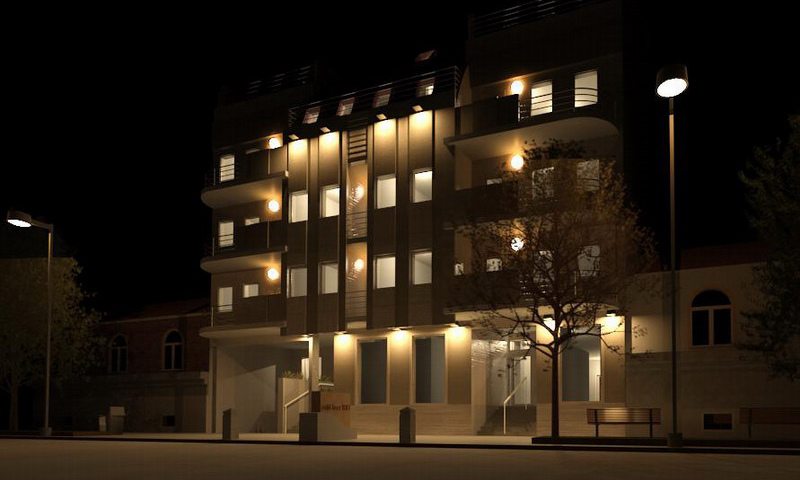If you’re renting a home, you most likely had to pay some amount as a security deposit when you signed your lease. The security deposit basically covers the repairs that need to be done once you’ve moved out of your property. If nothing  was damaged and needed fixing, you’ll get the sum of your deposit back. But if you move out and left something broken and needing repair, it’ll be deducted from your deposit; as the saying goes: you break it, you buy it!
was damaged and needed fixing, you’ll get the sum of your deposit back. But if you move out and left something broken and needing repair, it’ll be deducted from your deposit; as the saying goes: you break it, you buy it!
How can you avoid having tons of money being deducted from your initial deposit?
Well, for starters, take care of your home! This one is pretty obvious, but it shouldn’t be left unsaid. Another important thing to do is check the home for damages when you move in. Your landlord will most likely give you some kind of form to fill out where you can list the existing damages in each room of the home, so that they know what repairs they’re liable for. Although this is a good place to start, there are a lot of things that you won’t notice until you’ve lived in the house for a bit of time. For example, you might not use the garbage disposal until a week or so after you’ve moved in, only to notice that it does not work properly. Make note of things that you notice do not work, and notify your landlord immediately. If your landlord is aware that something doesn’t work, and that it isn’t your fault, you won’t be held accountable for the cost of repair when you move out.
Now, if for some reason you did manage to break something on your own, and you know it’s fixable, do it yourself! If you accidentally knocked your window blinds down right before moving out, just go buy a new set and put them up on your own. Though it will cost you some, it definitely won’t be as much as what would’ve been taken out of your security deposit.

 The internet! This is probably the most obvious place to look for a rental home, but you still have to keep some things in mind. If you know the specific area you want to live in, you can look into websites that offer rentals in only certain places. For instance, if you want a
The internet! This is probably the most obvious place to look for a rental home, but you still have to keep some things in mind. If you know the specific area you want to live in, you can look into websites that offer rentals in only certain places. For instance, if you want a  Lights! Always turn lights off when you leave a room and when you leave your home. It may seem silly, but you’ll definitely see a drop in your bill if you start turning lights off instead of leaving them on all of the time. This same thing applies to ceiling fans! If no one is in the room, turn the fan off. For outdoor lights, you can get motion and light detecting lights that’ll only turn on at night time and when someone is there.
Lights! Always turn lights off when you leave a room and when you leave your home. It may seem silly, but you’ll definitely see a drop in your bill if you start turning lights off instead of leaving them on all of the time. This same thing applies to ceiling fans! If no one is in the room, turn the fan off. For outdoor lights, you can get motion and light detecting lights that’ll only turn on at night time and when someone is there.




